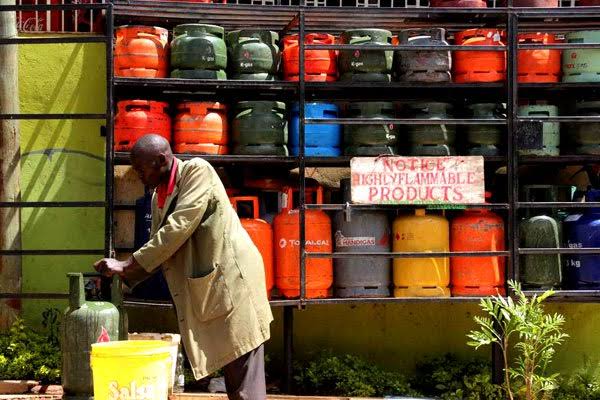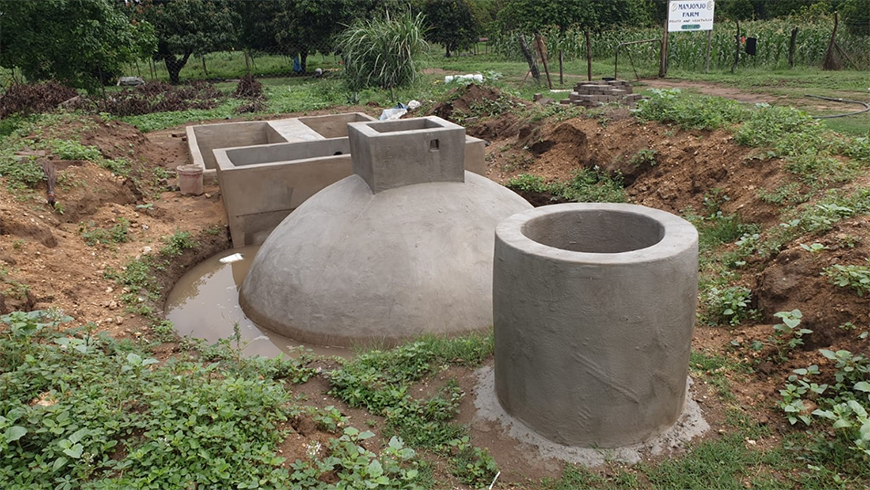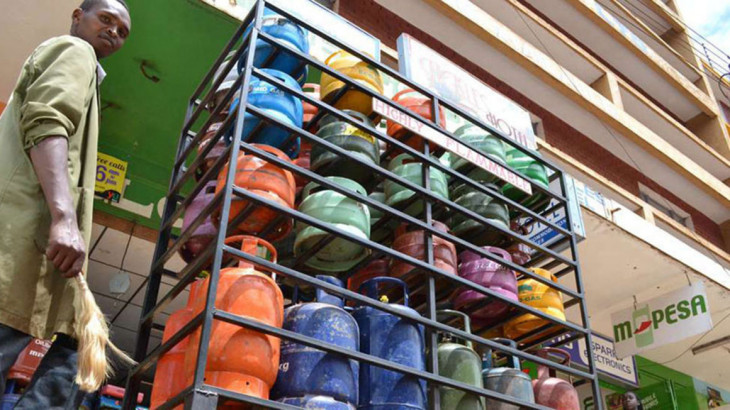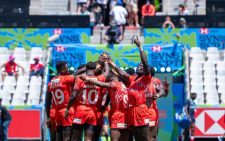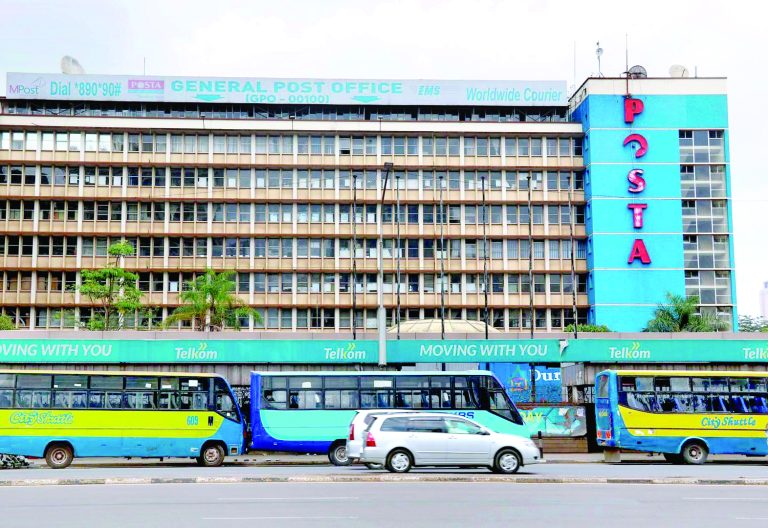LPG subsidy delivery plan knocks out Nock
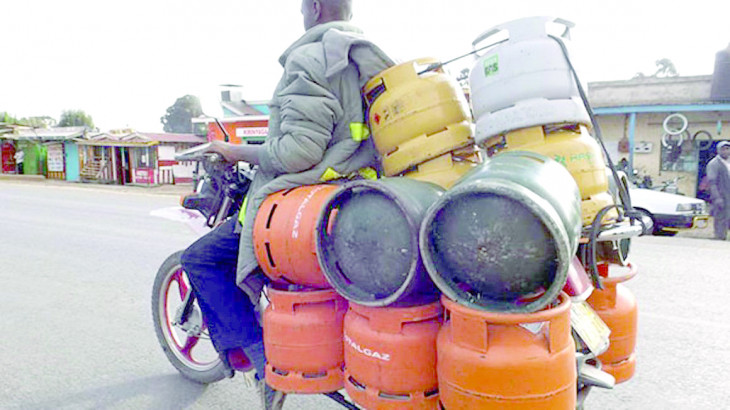
The financially troubled National Oil Corporation of Kenya (NOCK) has been stripped of the role of directly delivering subsidised gas cylinders to end-users in the second attempt by the government to revive the multi-billion shilling project whose first phase ended abruptly.
Authorised gas distributors vetted by the Ministry of Petroleum will ensure transportation to the end-user beneficiaries as NOCK, the implementing agency, owns the brand and operates refill depots, raising concern about whether the cash-strapped corporation will manage the new key role.
“We have managed to tie the loose ends and learn from that (first phase). We said there were challenges that’s why we shifted. We are merely implicating what is being done (in the market) and what has worked,” said Duncan Ekendi, the Mwananchi Gas project lead. In the first phase of the Sh3 billion project, the cylinders were accessible at specific NOCK stations. The 11 vetted distributors who will serve Nairobi’s sub-counties parted with Sh250,000 to get authorised.
The government is expected to distribute about 60,000 six-kilo liquified petroleum gas (LPG) cylinders in the early stage of the state subsidy scheme for affordable cooking gas set to commence in July in Nairobi only.
Is, however, not clear the criteria for identifying the neediest low-income households are to be prioritised. Global tension, burdening value-added tax (VAT), and the search for higher margins by dealers have combined to send LPG prices to historic levels.
Under this second phase, the beneficiaries will pay a discounted price of Sh2,100 for the burner and cylinder, with the refills price yet to be set. The LPG subsidy revival scheme offers much relief to households overstretched by the commodity’s current costly prices of about Sh2000 per 6kg refill. The Treasury allocated Sh470 million towards LPG subsidy scheme revival for the 2022/23 fiscal year, a substantial increase compared to the Sh155 million that had been allocated for the same 2021/22 financial year.
Urban poor households
This followed hints by the Treasury about plans to distribute 300,000 units of 6kg LPG cylinders to low-income households in the next three years. The project was first introduced in 2018 to cut reliance on environment-unfriendly kerosene and charcoal, which are the main source of fuel for most rural and urban poor households.
However, the initial rollout suffered distribution challenges under NOCK with some suppliers offering faulty cylinders, which cost over Sh200 million in the procurement process, according to the auditor general.
Another Sh125.1 million was also spent to purchase the defective gadgets while Sh77.7 million went towards purchasing 20,000 units of two-burner low-pressure tabletop cookers for the LPG project.
NOCK has always been dogged with mismanagement, theft, and kickbacks over the years, leaving it a shell of its former self as its peers rake in billions in profit despite being getting State legislative and financial backings.
Nock owes Stanbic Bank Sh1.8 billion and KCB Group Sh4.82 billion in defaults, highlighting the rot at the state-backed firm. It is currently pushing for a Sh13.5 billion bailout from the National Treasury to meet its operating costs and pay bank debts.
To steer the firm back to profitability, the government has granted NOCK exclusive rights to import 30 per cent of all fuel products into the country to reduce dependence on errant oil marketers.
The proposals are contained in the Draft Petroleum (Importation) (Quota Allocations) Regulations, 2022, and are expected to boost NOCK’s cash flow and competition with deep-pocketed rivals.
